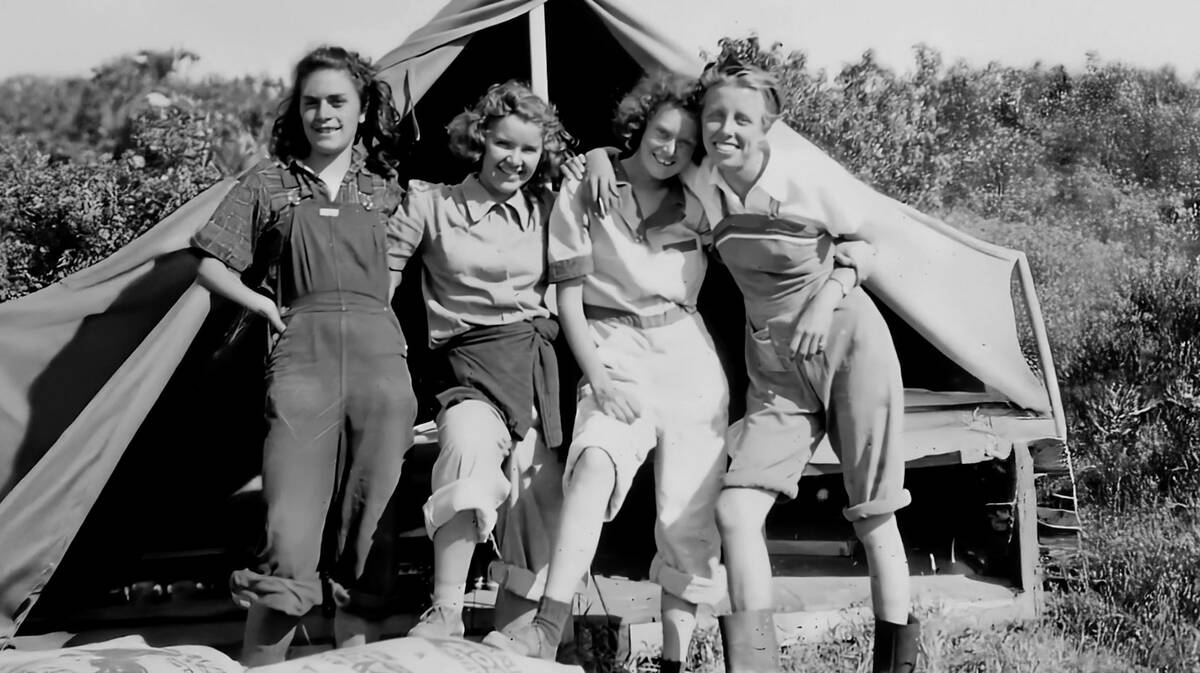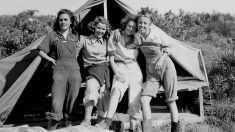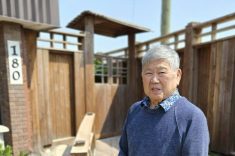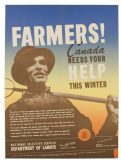A Conservative-dominated House of Commons committee has largely dismissed claims from Saskatchewan Conservative MPs that proposals to create urban-only ridings in the province should be rejected.
A report from the committee on procedure and House affairs last week asked the Saskatchewan Electoral Boundaries Commission to consider tweaking some of the boundary redrawing proposals based on suggestions from Conservative MPs.
However, the committee rejected the argument that the commission’s overall proposal to end the current rural-urban riding model unique to Saskatchewan and substitute larger rural ridings and five urban ridings in Saskatoon and Regina should be overturned.
Read Also

Women who fed a nation
More than 40,000 young women supported the war effort between the 1940s and early 1950s, helping grow and harvest crops amid labour shortages. They were called Farmerettes.
“The committee feels it would not serve the interest of Saskatchewanians to insist at this stage on a complete redraft of the proposed electoral boundaries of the province,” it said in a report tabled in the Commons by Ontario Conservative chair Joe Preston. The commission followed its mandate under the law to redraft new boundaries that it thinks are appropriate, said the report.
It also rejected arguments from several MPs that some of the commissioners, particularly retired University of Saskatchewan political science professor John Courtney, had a predetermined plan for urban seats that did not consider opposition from Saskatchewan residents.
David Marit, president of the Saskatchewan Association of Rural Municipalities and a fan of the present electoral map, filed a rare dissenting report that criticized the proposals of his two urban fellow commissioners.
“The committee would like to state unequivocally that nothing on the record suggests bias or any other improper behaviour from members of the commission,” said the report. “The committee concluded that the allegations of bias and lack of objectivity have no merit.”
It did acknowledge complaints from the 12 Conservative MPs who objected that they thought the end of rural-urban rings would “diminish the agricultural voice in Ottawa” and that resulting large rural ridings would be “unworkable.”
Conservatives have held 13 of 14 Saskatchewan seats in elections through the past decade.
In several ridings, a majority in the city voted NDP but an overwhelming rural Conservative vote allowed the party to eke out a narrow victory.
NDP officials calculate that the new urban-only ridings could put at least two Conservative seats in jeopardy in 2015 when the next election is held and the new boundaries take effect.
The Saskatchewan electoral boundaries commission now will have to decide whether to accept committee suggestions for some tweaking of their original proposals.














